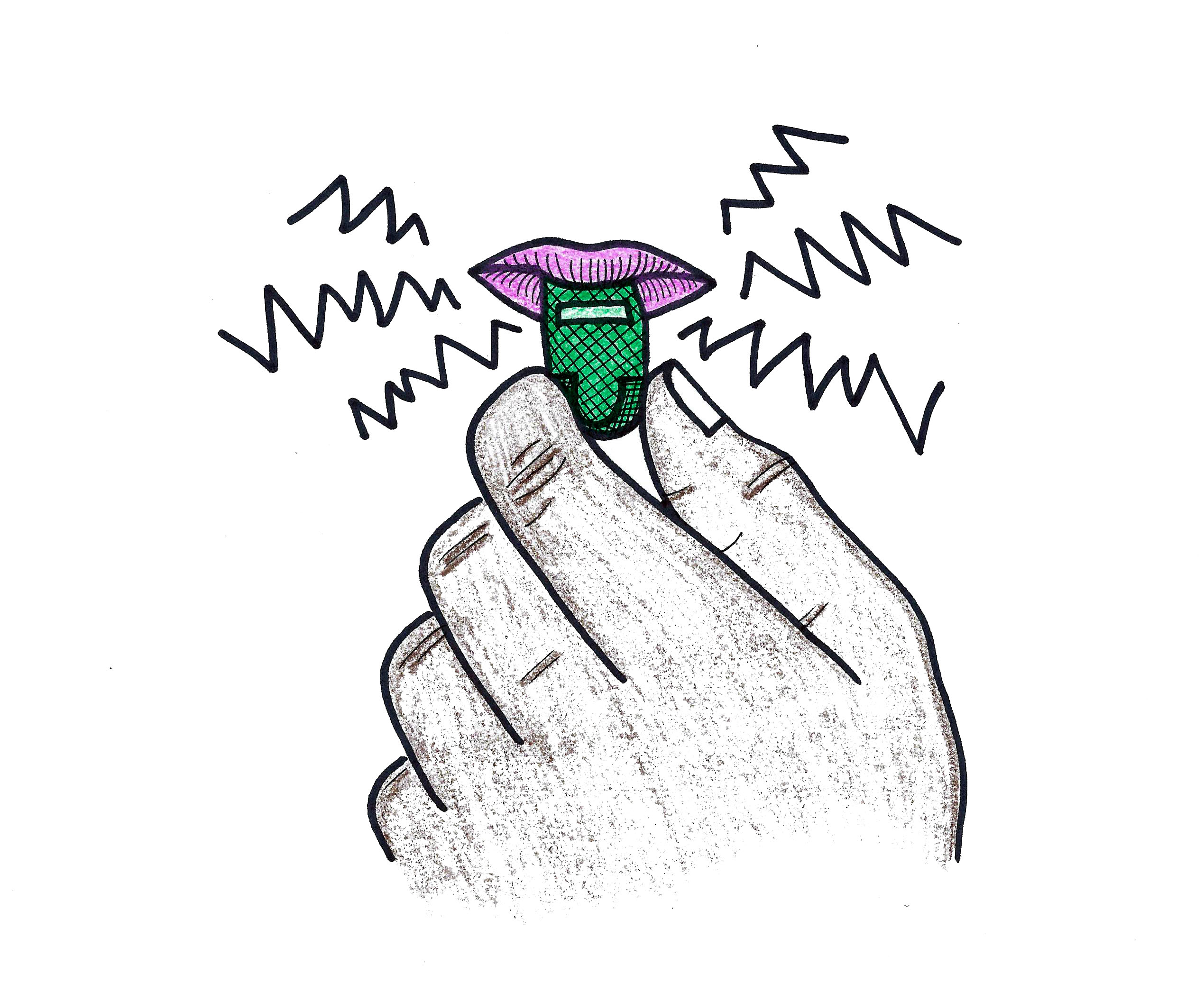Policies for safe disclosure, or whistleblowing, protect members of companies, unions, or societies who report misconduct within their organization. These policies strive to support members who report anything from financial mismanagement to harassment and assault. McGill University recognizes disclosures through its Policy on Safe Disclosures (“Whistleblowing”), adopted in November 2015. Yet neither the Students’ Society of McGill University (SSMU) nor the Post-Graduate Students’ Society (PGSS) have their own policy for ensuring safe disclosures.
The university’s safe disclosure policy could potentially serve as an example for SSMU. In pursuit of a procedure that encourages people to disclose, the policy mandates that valid whistleblowers be protected against retaliation. This policy applies to all members of the McGill community, including students, professors, and casual employees.
To Marc-Antoine Séguin, director of Student Advocacy University Affairs at the Legal Information Clinic at McGill (LICM), McGill’s policy created a much-needed channel for reporting improper conduct.
“Within McGill, within the context of this policy, the point is to give people on the inside an opportunity to disclose any behaviour or comment that they are not comfortable with,” Séguin said. “What this policy is meant to do is make people feel safe when bringing concerns forward.”
Article 2.7 of the Policy on Safe Disclosures states that people who disclose information must not have malicious or wasteful intent when making a report, and that they are not required to show full evidence to support their claims.
“Someone who makes a [Good Faith Report] is not someone who is right, not someone who correctly identifies something,” Séguin said. “It’s just someone who is [reporting] for the right reasons.”
According to Séguin, the largest barrier that students face with the Policy on Safe Disclosures is not knowing it exists. The policy is not listed in students’ rights resources like SSMU’s Know Your Rights Campaign.
“I think this policy is helpful, but it’s not used very often, and it’s still a relatively unknown policy,” Séguin said. “There has been an intention by the Dean of Students [Christopher Buddle], at least internally, to have this policy being used a little more [for students], and it’s something [LICM Student Advocacy] recommends for students.”
After the Winter 2017 resignations of former SSMU president Ben Ger and former vice-president (VP) external David Aird for gendered and sexualized violence respectively, current VP Finance Arisha Khan recognized the importance of a whistleblowing policy within SSMU.
“I’d like to see a [safe disclosures] policy that broadly makes SSMU more accountable to its constituents,” Khan said. “[The policy would] ultimately act as a deterrent to deleterious actions and provide a safe and effective mechanism to students wishing to make a disclosure.”
The Community Disclosure Network (CDN), a group which formed to bring to light Aird’s alleged sexualized violence, reiterated the importance of such policies in an email to The McGill Tribune.
“Protection for those who decide to come forward is obviously incredibly important,” the CDN member, who chose to remain anonymous, wrote. “One way to ensure this is to enshrine specific procedures for protecting those who come forward in a policy.”
In Khan’s research of whistleblowing policies at other universities, she identified several student unions that have them, including the University of Nottingham Students’ Union and Bath Spa University in the United Kingdom.
“A lot of schools have whistleblowing policies that cover student unions and associations,” Khan said. “A lot of schools in the U.K. actually have their own whistleblowing policies [for student unions and associations], and they’ll have staff to help facilitate the process.”
While PGSS also lacks a formal whistleblowing policy, the Society has informal networks for aiding students. Newly-elected Secretary-General Maria Tippler elaborated in an email to the Tribune on her work in this realm when she served as PGSS Student Support Commissioner earlier this year.
“I individually informed members [who ask for assistance] of their rights according to McGill’s charters, policies and regulations and what may be the implications of the resources they could potentially take,” Tippler wrote. “If a member is certain they wish to formally follow a procedure, I would provide them with pertinent resources, all available information, [and] the official PDF of [McGill University’s Safe Disclosures] policy.”
PGSS Equity Commissioner Emil Briones also acknowledged the importance of a survivor-focused approach to handling disclosures.
“Embedded in my work as Equity Commissioner is continuously striving to have a nuanced understanding of the power dynamics and social relations embedded in the activities of PGSS and by extension McGill,” Briones wrote in an email to the Tribune. “To be survivor-centered […] is fundamental in doing equity and anti-oppression work. And to be survivor-centered is to honour [the survivor’s] disclosure, treat it with discretion, and follow their lead.”
The forthcoming SSMU Gendered and Sexualized Violence Policy and the National Our Turn Action Plan both recognize the importance of maintaining the safety of those who disclose. Our Turn’s Action Plan is a commitment from 20 student unions, including SSMU, to implement a strategy to address rape culture on university campuses. In liaising with Our Turn, SSMU VP External Connor Spencer recommended that the Action Plan include a section on disclosures.
“[Safe disclosures] fit into the larger discourse of what […] pro-survivor policy work looks like […] and that was my personal contribution to Our Turn. I asked them to add that,” Spencer said. “Often, what stops people from coming forward is the worry of ‘Oh an article is going to get put out,’ and deal with everyone knowing and not being able to deal with [reporting] quietly.”
SSMU President Muna Tojiboeva agrees that a policy that addresses safe disclosures is essential to fostering positive relations with the student body.
“I think that a [safe disclosure policy] is a very important step moving forward,” Tojiboeva said. “If students don’t feel safe disclosing, that’s reflective of the relationship between SSMU and students.”








